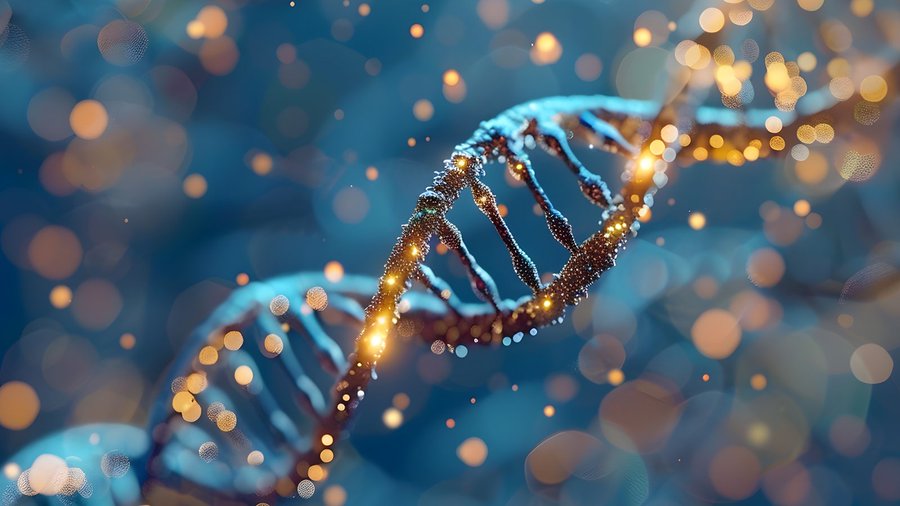The NCI-funded tool called HAPI (Highly Active Promoter Interactions) is designed to identify genetic alterations that drive cancer, particularly by pinpointing structural changes linked to “hijacked” enhancers. Enhancers are DNA sequences that typically help regulate gene expression by activating or enhancing the activity of genes. However, in some cases, these enhancers can relocate to different areas of the genome, causing them to activate cancer-causing genes, leading to overexpression and potentially driving the progression of cancer.
HAPI allows researchers to track these structural changes and better understand how enhancers hijacked by other regions of the genome contribute to the abnormal expression of genes associated with cancer. This tool provides insights into the mechanisms of tumorigenesis, helping to identify key alterations that drive cancer and could potentially be targeted for therapeutic intervention.
By using HAPI, scientists can gain valuable information about the specific genetic disruptions that lead to cancer, enabling the development of more precise and targeted treatments. This could improve the ability to diagnose, monitor, and treat cancers more effectively, making it a critical tool in advancing cancer research and personalized medicine.
The Study titled “3D genomic analysis reveals novel enhancer-hijacking caused by complex structural alterations that drive oncogene overexpression” published on Nature Communications.
Authors: Katelyn L. Mortenson, Courtney Dawes, Emily R. Wilson, Nathan E. Patchen, Hailey E. Johnson, Jason Gertz, Swneke D. Bailey, Yang Liu, Katherine E. Varley, Xiaoyang Zhang

About the Author of the Study Xiaoyang Zhang


